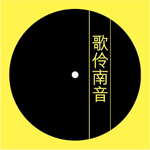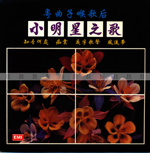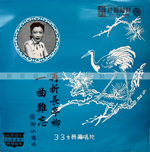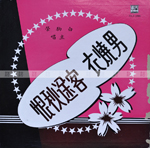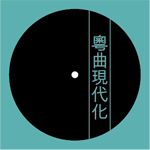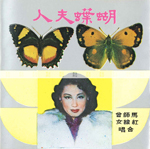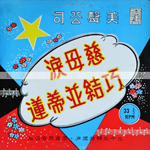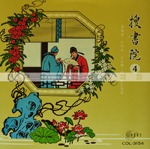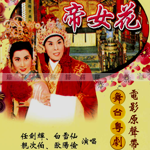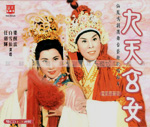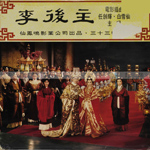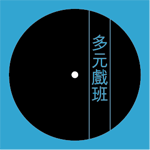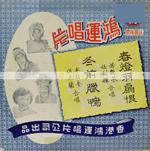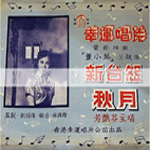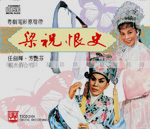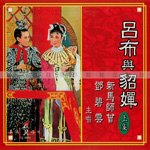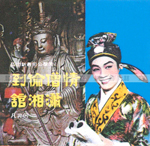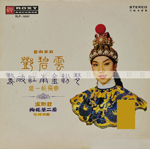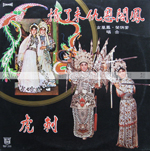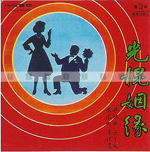Since the early twentieth century, Hong Kong has always been an important venue for Cantonese opera development. After 1949, as a result of political turmoil in the Mainland, performers and troupes converged and resettled in the territory, leading to a tremendous prospering of Cantonese opera in the subsequent decade. This development is linked intimately with the rise of the electronic media.
Performers and troupes began to grasp the possibilities offered by film and radio to re-examine age-old performance practices with regard to acting, singing, script writing, instrumentation, and stage set-up. They brought in novel elements from the theatre and movie world, and participated in the production of films and records. With these acts, they are extending the movement to modernize Cantonese opera that began in the 1930s.
Wong Jum-sum was thoroughly immersed in the world of Cantonese opera from young. Through his close encounter with master performers like Hung Sin-nui, Ma Si-tsang, Yam Kim-fai, Pak Suet-sin and Tong Dik-sang, he witnessed first hand the modernization of Cantonese opera, and was mightily moved by the adventure and passion he saw.
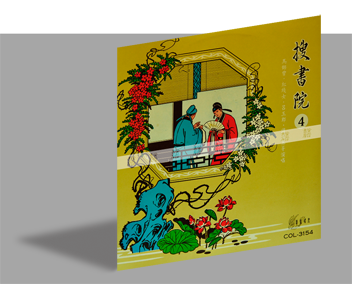
Wong recalled he first encounter with Ma Si-tsang when the latter performed as Pinkerton on stage. Several years later, Ma recorded on film his legendary performance for The Lost Kite, which had Wong completely spellbound.

撰曲:馬師曾、楊子靜
編劇:馬師曾、楊子靜
主唱:馬師曾(飾謝寶)
謝寶:(唱首板) 步月黃泥之坂
(白) 好月色,哈 ....
(唱滾花) 一輪明月照海南
林伯:(白)老師
莫非你多飲幾杯花了眼
剛過重陽只得半邊月
何以說一輪明月照海南?
謝寶:(白)哦!你看見是半邊明月?
林伯:(白)半邊明月
謝寶:(白)我也看見是半邊明月
林伯:(白)本來是半邊明月
謝寶:(白)呃呃
你看見是半邊明月
我也看見是半邊明月
咁合起來豈不是一輪明月啦?
哈哈!
林伯:(白)老師德重才高
無人不讚
讚你諸子百家
天文地理
無所不識
謝寶:(白)我有所不曉!
林伯:(白)呃,哪樣不曉呀?
謝寶:(白)一不曉阿諛諂媚
二不曉顛倒是非
三不曉傷天害理
林伯:(白)此所以得人稱讚
謝寶:(白)呃,此所以得罪權奸呀!
謝寶:(唱七字清中板)
吏惡官貪真堪嘆
刑清政簡再見難
附勢趨炎吾不慣
卑躬屈膝太無顏
我甘願清茶淡飯
榮華富貴視等閒
非是老夫脾性硬
應留正氣在人間
(唱滾花)
願得天下英才而教育之
雖窮何憾,哈哈!
